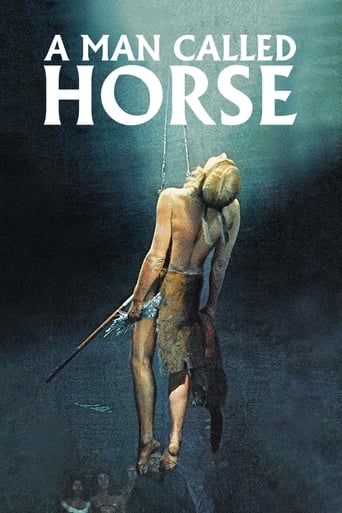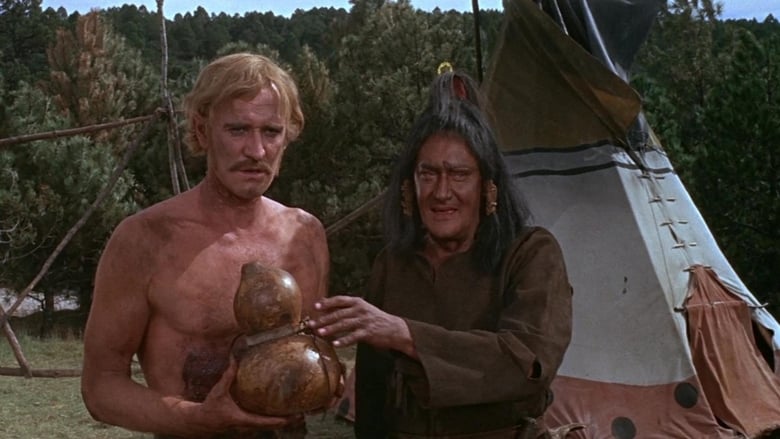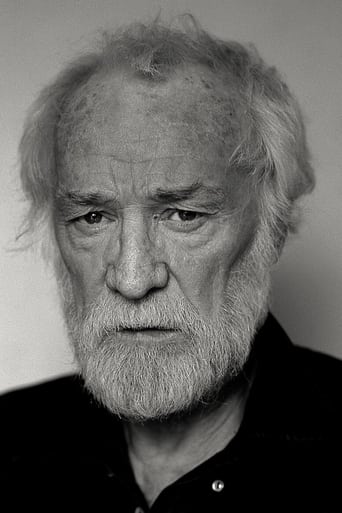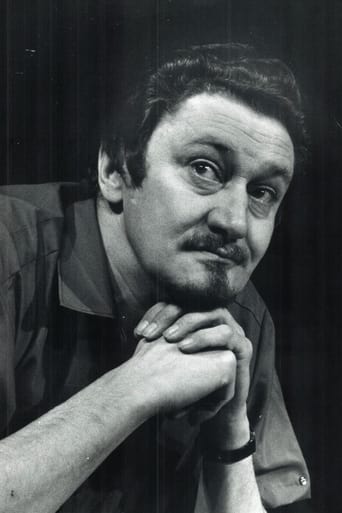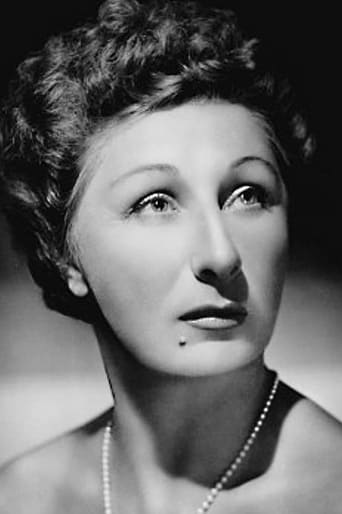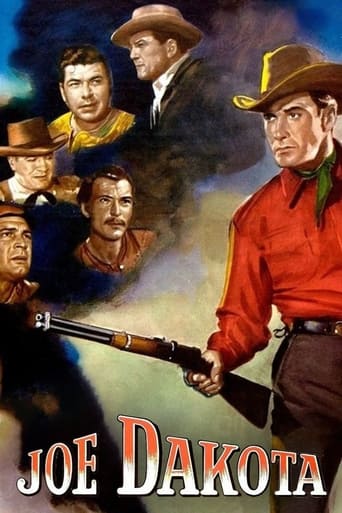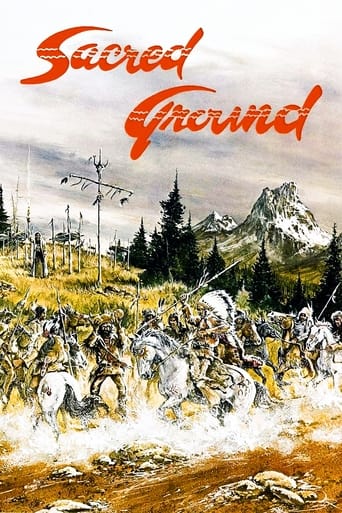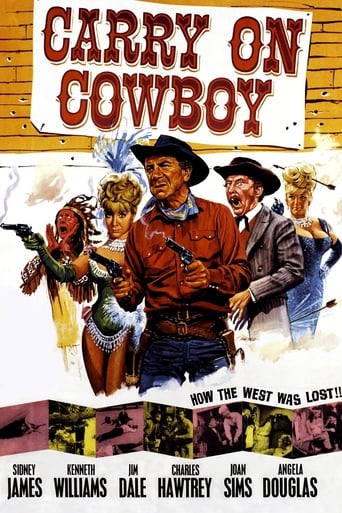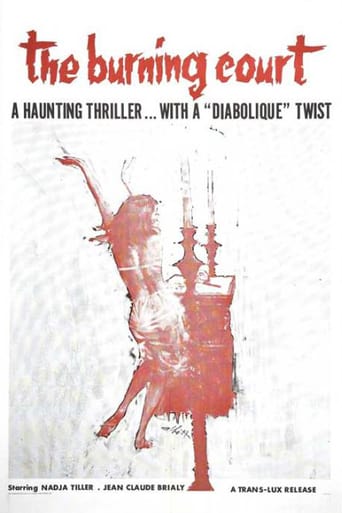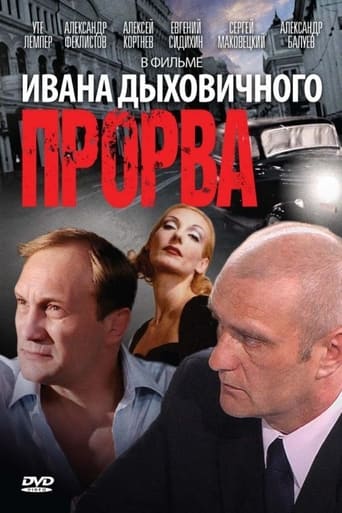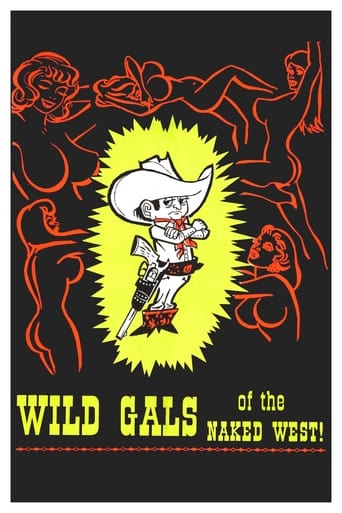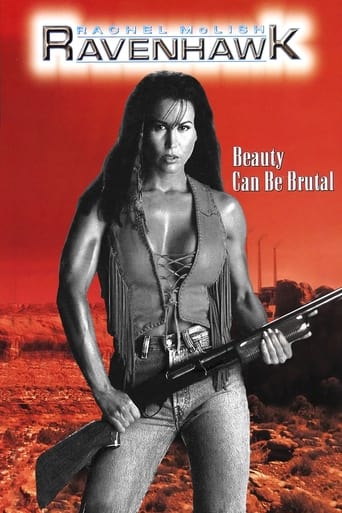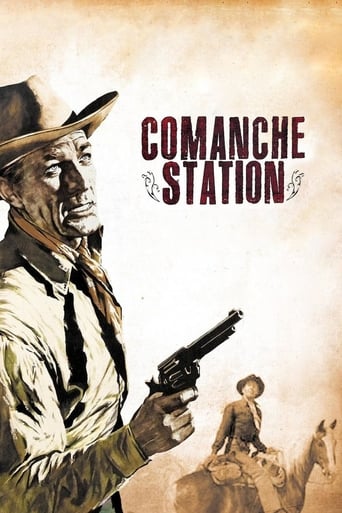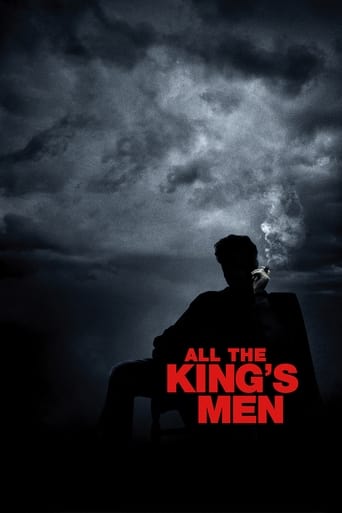A Man Called Horse (1970)
In 1825, English peer Lord John Morgan is cast adrift in the American West. Captured by Sioux Indians, Morgan is at first targeted for quick extinction, but the tribesmen sense that he is worthy of survival. He eventually passes the many necessary tests that will permit him to become a member of the tribe.
Watch Trailer
Cast
Similar titles
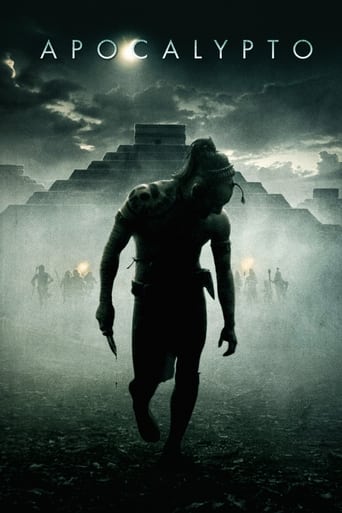
Reviews
Let me be very fair here, this is not the best movie in my opinion. But, this movie is fun, it has purpose and is very enjoyable to watch.
The movie's neither hopeful in contrived ways, nor hopeless in different contrived ways. Somehow it manages to be wonderful
It’s fine. It's literally the definition of a fine movie. You’ve seen it before, you know every beat and outcome before the characters even do. Only question is how much escapism you’re looking for.
There are moments in this movie where the great movie it could've been peek out... They're fleeting, here, but they're worth savoring, and they happen often enough to make it worth your while.
This "Aristocrat-Turned-Savage/Romeo & Juliet" story lost itself some really significant points due to its clueless director, Elliot Silverstein, not being able to make up his mind what sort of light he wanted to shine on the "true" nature of the Sioux Indians.... Were they vicious, sexist, scalp-hunters or were they just harmless, nature-loving, tree-huggers? But, regardless of what sort of message the director wanted to get across to the audience about the Sioux Indians - I think this film banked far too heavily on the graphically depicted "Sun Vow Ritual" and the obvious effect that it would surely have on the unprepared viewer.Anyway - Far from even coming close to being a spiritual experience, A Man Called Horse also lost even more points for these 3 things - (1) The laughable appearance of actor, Richard Harris' cheap-looking, blond wig. (Ha! What a hoot, that was!) (2) Even though the viewer is shown most everything else about the Sioux's lifestyle, we are never shown them harvesting any crops, whatsoever.(3) This DVD had the option of subtitles - Yet, when the actors who were playing the Sioux characters spoke in "native-tongue", no translation of this dialogue (and there was plenty of talk here) was ever offered to the viewer. (Duh!)
This movie is a powerful testimony to the endurance and spiritual life of the Plains Indians, of a time gone forever. When I first saw it in 1970, I was impressed with the production, but after seeing it again more than 40 years later, I was far more moved. I am rarely ever brought to tears by a movie, but this movie touched me so deeply that it was a bona fide spiritual experience, and even more powerfully moving. It also serves as a testimony of how the Indians lived, their culture, and how they practiced their own form of spirituality. I think this movie is a "must see" for anyone wanting to experience what life might have been like in those long-past times. I found myself grieving along with the people of the tribe after the attack and tragic deaths of many of the tribes people.
I have not seen this movie since it first came out in the 70s and just caught it again on TV yesterday (with the first sequel right after it). After all these years it still holds up well. Many have compared Dances with Wolves to this movie for good reason, even Richard Harris himself accused Kevin Costner of blatantly using scenes from it for his lengthy blockbuster epic. I dare say that the depiction of the Sioux way of life was even more realistic in A Man Called Horse than it is in the more romanticized Dances With Wolves. While some of the earlier westerns using so called "hollywood indians" have no doubt great entertainment value I do welcome movies that don't portray the native Americans as barbaric savages. Using native American actors speaking their native tongue instead of painted white actors wearing oh so obvious wigs and speaking in a made-up language was not common back then and A Man Called Horse was one of the earliest movies to do so, way ahead of it's time. The cinematography of the wide open prairie was breathtaking and the scenes portraying the suspension in the sun vow ritual were extremely realistic, making me wonder if Richard Harris actually did have his skin pierced. Interesting that so many young people are now trying suspension as a means of getting an adrenaline rush, although in a more modern setting using surgical steel hooks, the principal is still the same.
The year is 1825 The story begins with a British aristocrat named John Morgan who finds himself captured by Sioux warriors At first he's mocked and treated like an animal and then he's dragged to their camp where he is given to work for an old squaw (Judith Anderson). Before too long the 'grand white gentleman' up with another captive Batise (Jean Gascon) whose family was all massacred five years ago by the Indians acts as translator for Morgan One day after killing two Shoshone Indians from another tribe and scalping one of them, John gains trust and respect from his captives thus paving the way to be soon a warrior, then a loving husband The film's centerpiece is the Sun Vow that Morgan must bear to prove his courage to withstand all tests of pain in order to gain the hand of Running Dear (Corinna Tsopei) sister of Chief Yellow Hand (Manu Tupou). As the English nobleman is white, he is considered weak and he'll give up in the moment of truth There are also other truly memorable moments in the film: how the Indian virgin prepares herself for marriagehow she takes her sweat bath to be pure; and the tragic events when an Indian mother loses and has no other son or man, how she cuts off her forefinger and when winter comes she dies from the freezing cold
